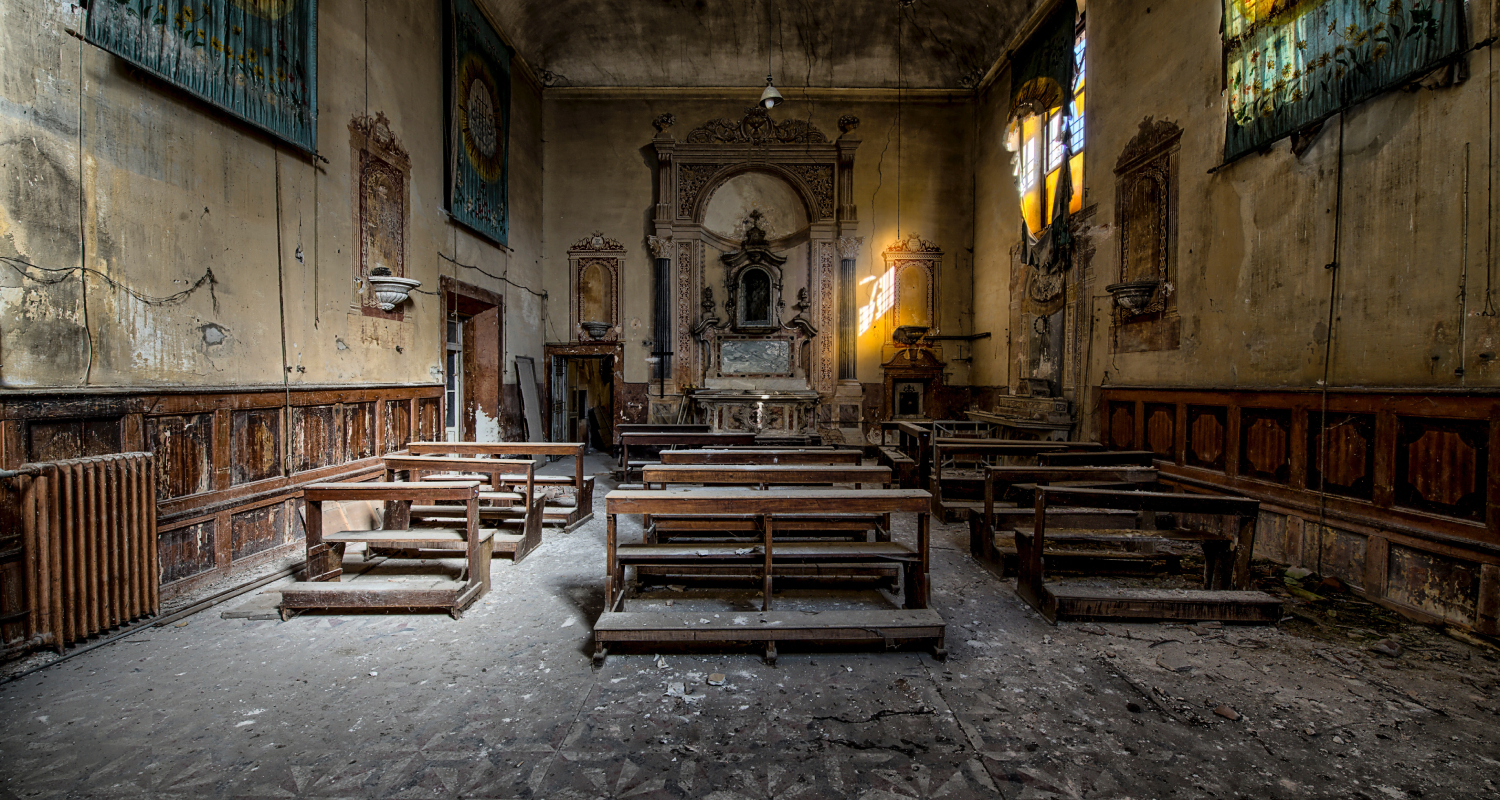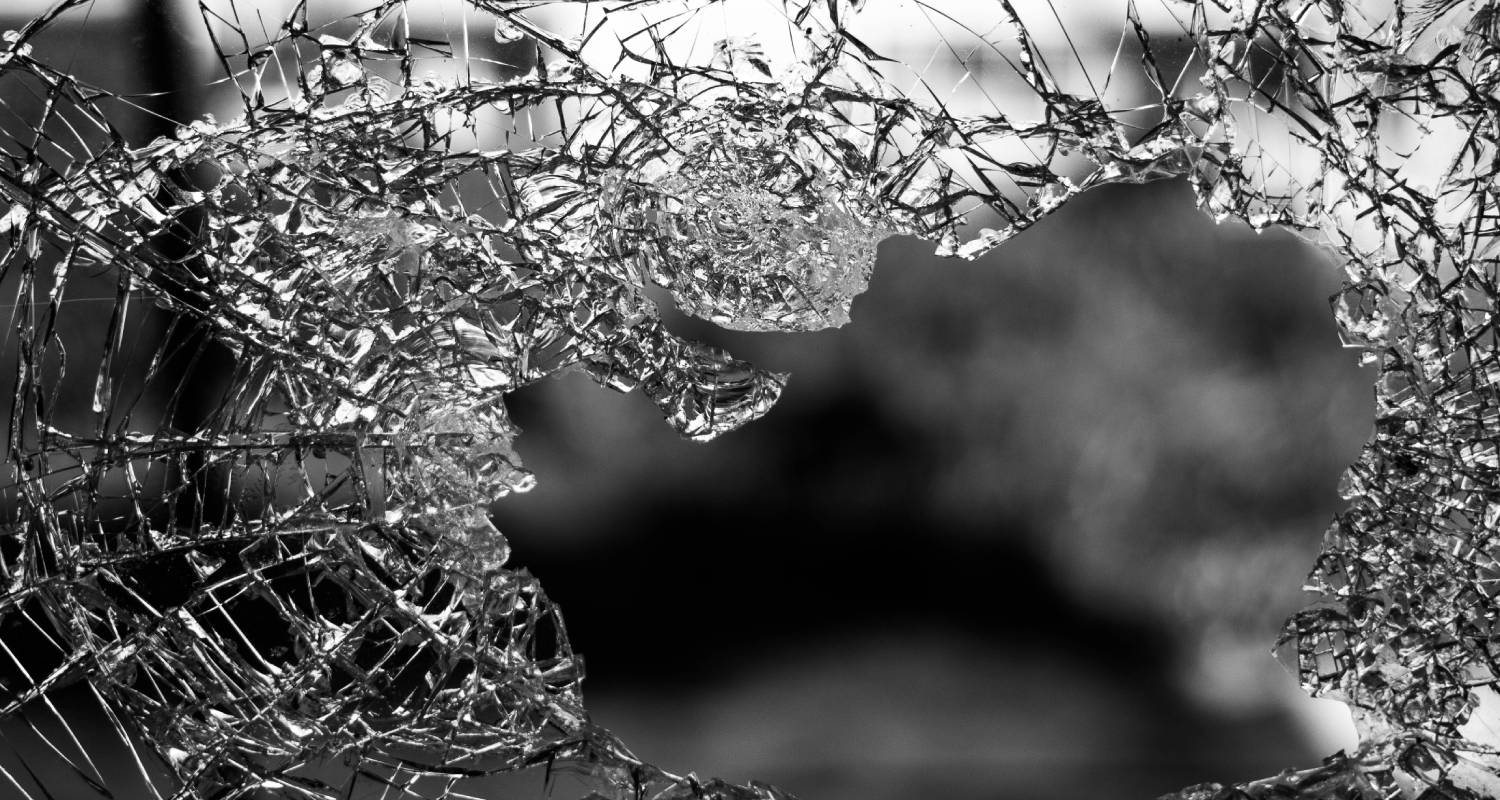How should I describe myself to you? Would this suffice: Anglophone, of Irish-English descent, and Canadian? Is that sufficient, or should I say more?
What is my primary identity? What is yours?
Recently, I was reading a news article about residents of small communities feeling as though they were losing their identities. Why? Because, as smaller communities are amalgamated into larger municipalities-thereby losing autonomy and name-they feel as if they have forfeited their uniqueness and history. It got me thinking about how commonplace it is for people to defend themselves against decisions that make them feel as if their identity is being taken away. Immigrants or minority groups express similar sentiments when their children or grandchildren fail to learn their mother tongue. Cultural anthropologists bemoan the loss of human cultural identity as small cultures are absorbed into larger ones and “forever lost”. In South America for instance, some countries have made it illegal for the majority to contact remote Amazonian tribes for fear of them losing their identity.
Interestingly, this has been the case since the beginning of time. None of us speak the language of our ancestors from 5000 years ago, live in the same location they did, or practice the same cultural customs. Some have even changed all these things in a single generation! But is this really worth mourning? I for one, don’t see this as a bad thing because language, location and culture compose our secondary identities but are not part of our primary identities! Sure, there may be a sense of nostalgia or fond memories associated with our secondary identities, but there is nothing intrinsically sacred about them. People change; and, if my descendants possess a different secondary identity than I do, it doesn’t really matter. Perceivably or imperceivably, our secondary identities will always be changing.
The need for a primary identity.
What does matter is our primary identity. Our primary identity comes from our Creator who has made us in his image (Gen.1:27), declared that we are objects of his affection (Jn. 3:16). Our primary identity never changes and never will from the beginning of time till the end of all things. It is worth defending, promoting, modelling, and preaching. It is therefore worth considering: Is my primary identity in Jesus? Have I made it clear to my children that this matters most?
If we neglect considerations about our primary identity and instead focus undue energy defending, championing, and fighting for our secondary identity-which can also include race, occupation, intellectual ability, and social status-we may inadvertently contribute to our own mourning. Why? Because secondary identities will change. Holding them too tightly and esteeming them too highly will contribute to pride, may unknowingly contribute to racism or cultural elitism, and will disappoint us when taken away. Where have you chosen to find your primary identity? For me, I am:
Made in God’s image!
Eternally loved!
An adopted son of the living God!
And that will never change.





